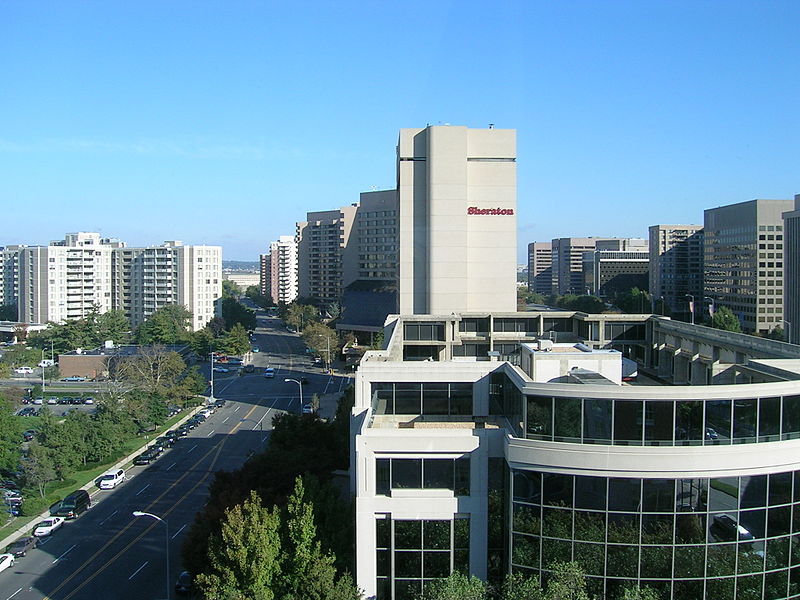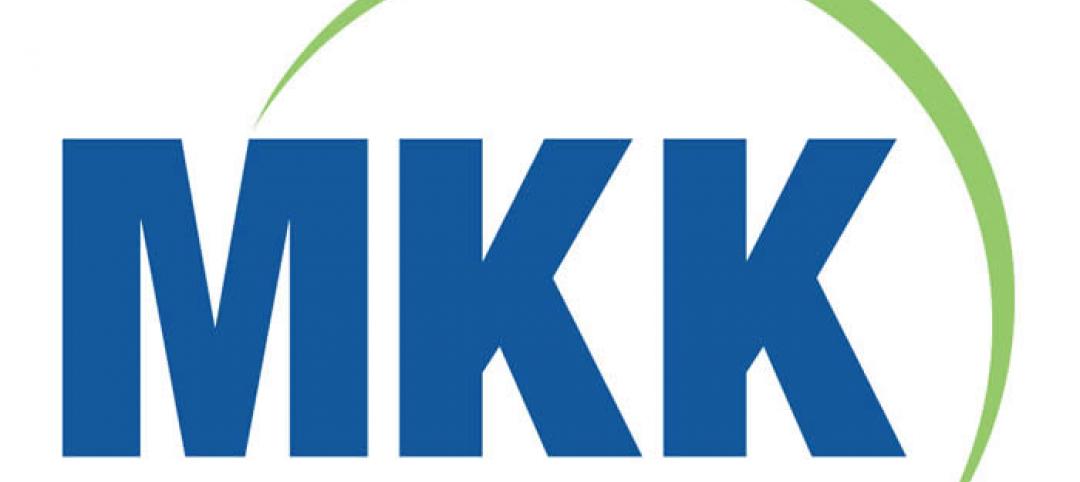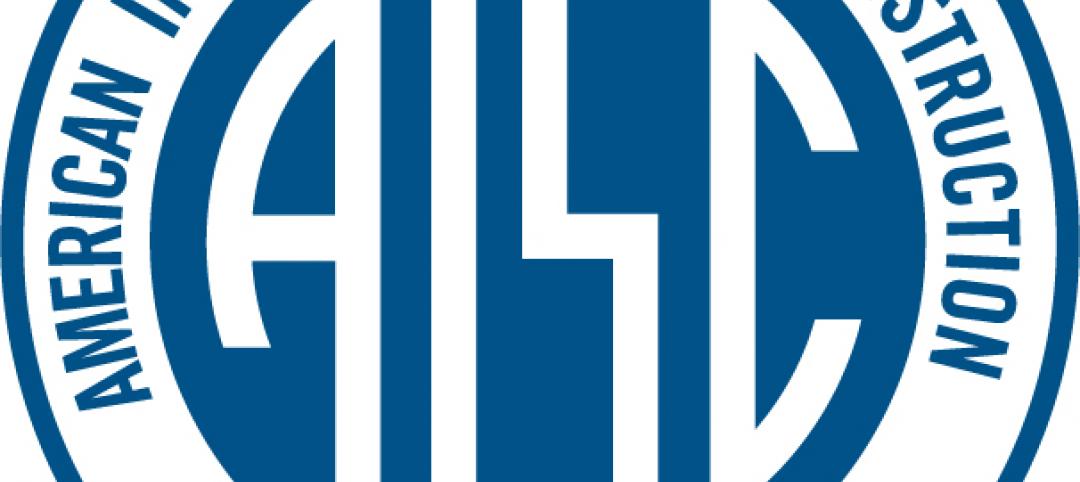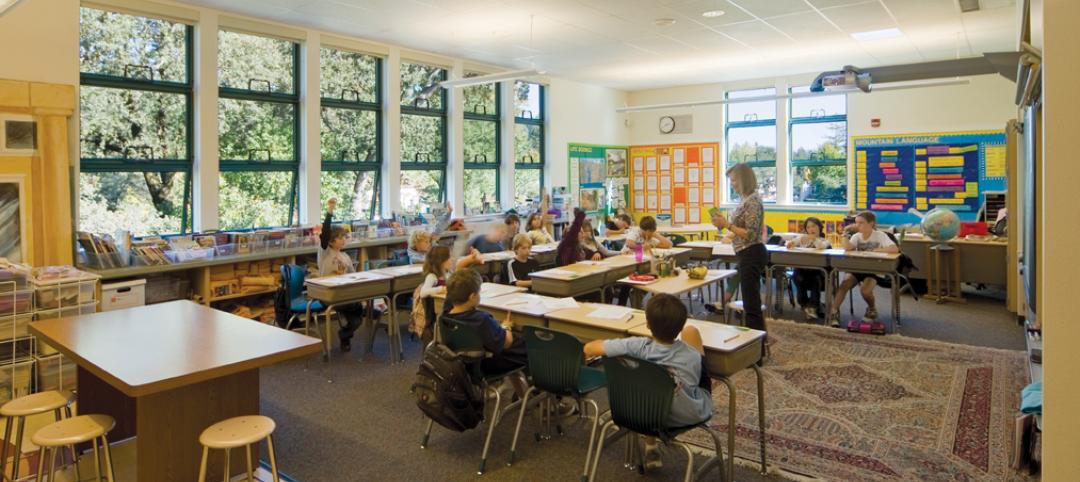After 11 months of hoping, praying, and more than a little begging, 18 finalist cities came away empty handed from the lottery for Amazon’s second headquarters, which promised the winner a Powerball of 50,000 high-paying jobs, $5 billion in direct investment, and an economic boon.
On Nov. 12, Amazon confirmed that it had chosen two locations—Long Island City in the New York borough of Queens, and the Crystal City neighborhood of Arlington, Va.—where it will split its hiring and investment plans for its second homes.
Amazon’s overhyped yet secretive selection process—starting with the announcement of its plans in September 2017, followed by a six-week pitch period that drew bids from 238 cities—produced a short list of metros whose elected officials and business leaders pleaded their cases and promised the moon: tax breaks, land grants, and infrastructure improvements in the billions of dollars. (Why this largesse should be bestowed on one company is a topic for another time.)
As it turned out, though, Amazon’s HQ2 picks may have been preordained. The two cities already had the greatest number of Amazon employees outside of Seattle, and they offer a robust talent pool. Arlington is also near Washington, D.C., where Amazon’s Chairman and CEO Jeff Bezos lords over the Washington Post.
See Also: Amazon selects HQ2 cities
If, in fact, the two winners were always the frontrunners, and this whole exercise was a charade (as some of the chagrined cities suspect), Amazon pulled off a masterful act of manipulation and mass hypnosis, convincing the other contenders they had a legit shot. Officials in places like Denver, Chicago, and Boston—which were among the “leaders” cited in media speculation—are probably still scratching their heads about why their cities were also-rans.
During its vetting process, the tech giant gained access to troves of financial and demographic data about the cities it was considering. I don’t think it’s too cynical to suggest that Amazon will eventually use this information for other business purposes.
What, exactly, will the two winning cities be getting for their efforts, aside from more mass transit congestion? Probably not equal to what Amazon’s 14-million-sf presence has meant to Seattle’s economy and growth.
The stage has been set for Round 2, where developers and AEC firms trip over each other trying to get a piece of whatever Amazon is planning to either build or renovate. (The New York Times reported that Amazon informed the winners that it wants 500,000 sf of office space available in 2019.)
But before any firms enter the fray, it’s worth remembering that Seattle-based NBBJ has designed a number of buildings for Amazon, including its Spheres glass domes in Seattle, for which Magnusson Klemencic Associates was the structural engineer.
Related Stories
| Sep 18, 2012
MKK opens office in North Dakota
MKK is currently working on seven projects in North Dakota, including a hotel, restaurant, truck stop, office building, and apartment complex.
| Sep 13, 2012
Leo A Daly Company promotes Kraskiewicz to senior vice president
Kraskiewicz, who most recently served as chief operations officer for the Leo A Daly division, will guide brand management, business development, operations and financial performance for 18 offices worldwide.
| Sep 11, 2012
About 170 events planned nationwide for fourth annual SteelDay September 28
SteelDay is a national event featuring free educational and networking opportunities for the design and construction community and the public.
| Sep 11, 2012
New York City releases first energy benchmarking data for private buildings
City is first in U.S. to disclose private-sector building energy data from a mandatory benchmarking policy.
| Sep 7, 2012
Net-zero energy pioneers on the el-hi frontier
Getting to net-zero is not easy, but the promise of eliminating energy bills and using state-of-the-art technology as a learning lab can make a compelling case to reach for net-zero.
| Sep 7, 2012
The keys to success in the K-12 school market
When educators and school administrators describe their vision for new K-12 school buildings as ‘21st-century learning spaces,’ they’re not exaggerating. Many new schools are truly different in concept from their counterparts of only a few years ago.
| Aug 24, 2012
Skanska hires Miller as procurement manager
Miller brings more than 25 years of construction procurement expertise.
| Aug 24, 2012
KLMK Group forms strategic alliance with Taylor Construction Management
KLMK's expertise in the capital delivery process and TCM's global platform combine to provide an integrated solution with an unparalleled impact for health care related industries.
| Aug 24, 2012
Study predicts how health economic, delivery and buildings play a role in the next decade
Study also finds accountable care organizations, pay-for-performance and aging population will have greatest impact over next five years.
| Aug 24, 2012
ABI downturn moderates as negative conditions continue
South the only region reporting increase in design activity.
















